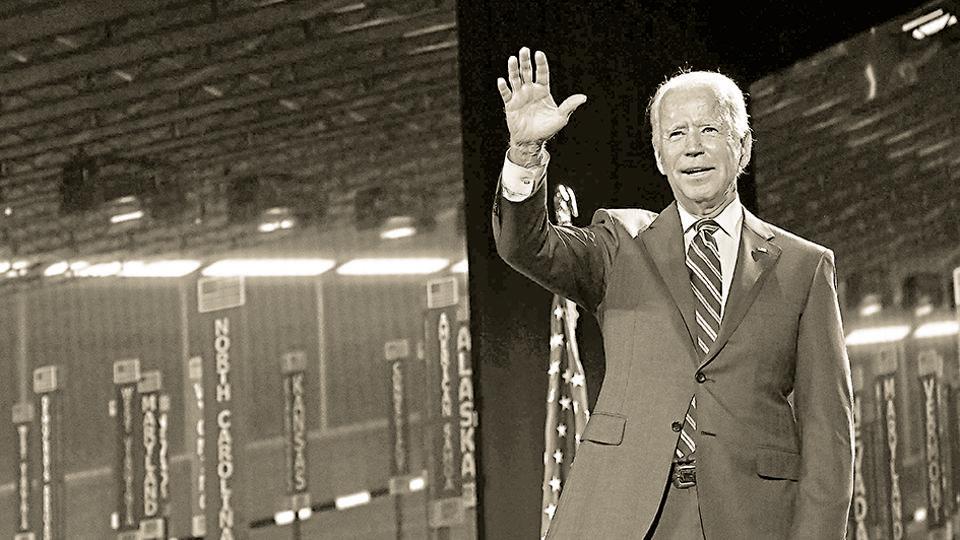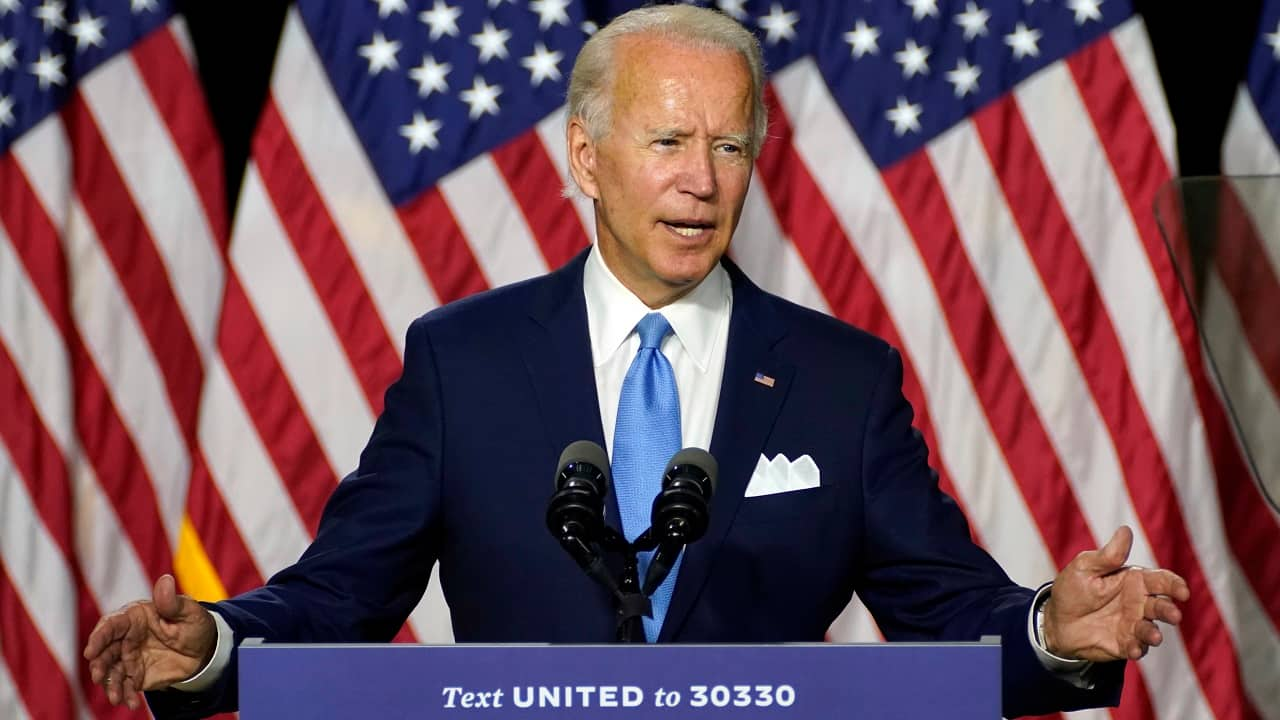prasad1
Active member
So many major issues appear to be at stake in this November’s elections in the United States (US) — the recovery from Covid-19, race relations, unemployment, US-China competition, the composition of the Supreme Court — that Washington’s largely cooperative relations with India should normally be but an afterthought. But that did not prevent the Democratic presidential candidate Joe Biden, his running mate Kamala Harris, and several senior campaign advisers from participating in a virtual event on August 15 dedicated to India and Indian-Americans. While similar events had been held for other countries and constituencies, the content of the speeches and profile of the speakers were significant. The message was essentially two-fold: First, a Biden administration would look to preserve and further deepen the relationship with India and, second, that it would be particularly inclusive of Indian-Americans.
Although Biden is a veteran of the American foreign policy establishment, there had been questions about his campaign’s approach towards India amid competing priorities. In his August 15 address, Biden described the relationship with India as a “special bond” and recalled his role in securing the passage of the India-US civil nuclear agreement as a senior member of the Senate Foreign Relations Committee. He pledged to continue “standing with India in confronting the threats it faces in its own region and along its border,” while also working with India to expand trade, tackle global challenges such as the climate crisis, and strengthen democracy. In his words, he hoped for an “honest conversation about all issues as close friends”.
Biden’s top foreign policy adviser Tony Blinken similarly highlighted the Obama-Biden administration’s “significant progress in strengthening relations between our countries,” including the Defence Technology and Trade Initiative (DTTI), the Major Defense Partner status for India to be treated on a par with close allies, and cooperation on the Paris Climate Agreement. “There’s probably no common global challenge we can solve without India,” he argued. By contrast, Blinken said, Trump’s approach to India has been “basically full of photo-ops and short on actual real demonstrable progress.”
The broad theme of building a more cooperative partnership with India is consistent with statements that Biden and his advisers have made elsewhere. For example, in an article in Foreign Affairs published in March, Biden effectively promised to build upon Trump’s approach to the Indo-Pacific. He argued that the US needed to work with democratic friends beyond North America and Europe, including Australia, Japan, South Korea, India, and Indonesia, “to advance shared values in a region that will determine the United States’ future.” In his policy platform — articulated in a document called “Joe Biden’s Agenda for the Indian American Community” — Biden pledged to “work with India to support a rules-based and stable Indo-Pacific region in which no country, including China, is able to threaten its neighbors with impunity.”

 www.hindustantimes.com
www.hindustantimes.com
Although Biden is a veteran of the American foreign policy establishment, there had been questions about his campaign’s approach towards India amid competing priorities. In his August 15 address, Biden described the relationship with India as a “special bond” and recalled his role in securing the passage of the India-US civil nuclear agreement as a senior member of the Senate Foreign Relations Committee. He pledged to continue “standing with India in confronting the threats it faces in its own region and along its border,” while also working with India to expand trade, tackle global challenges such as the climate crisis, and strengthen democracy. In his words, he hoped for an “honest conversation about all issues as close friends”.
Biden’s top foreign policy adviser Tony Blinken similarly highlighted the Obama-Biden administration’s “significant progress in strengthening relations between our countries,” including the Defence Technology and Trade Initiative (DTTI), the Major Defense Partner status for India to be treated on a par with close allies, and cooperation on the Paris Climate Agreement. “There’s probably no common global challenge we can solve without India,” he argued. By contrast, Blinken said, Trump’s approach to India has been “basically full of photo-ops and short on actual real demonstrable progress.”
The broad theme of building a more cooperative partnership with India is consistent with statements that Biden and his advisers have made elsewhere. For example, in an article in Foreign Affairs published in March, Biden effectively promised to build upon Trump’s approach to the Indo-Pacific. He argued that the US needed to work with democratic friends beyond North America and Europe, including Australia, Japan, South Korea, India, and Indonesia, “to advance shared values in a region that will determine the United States’ future.” In his policy platform — articulated in a document called “Joe Biden’s Agenda for the Indian American Community” — Biden pledged to “work with India to support a rules-based and stable Indo-Pacific region in which no country, including China, is able to threaten its neighbors with impunity.”

Biden will stay the course with India
He will deepen the partnership. Domestic Indian issues are unlikely to derail bilateral ties



